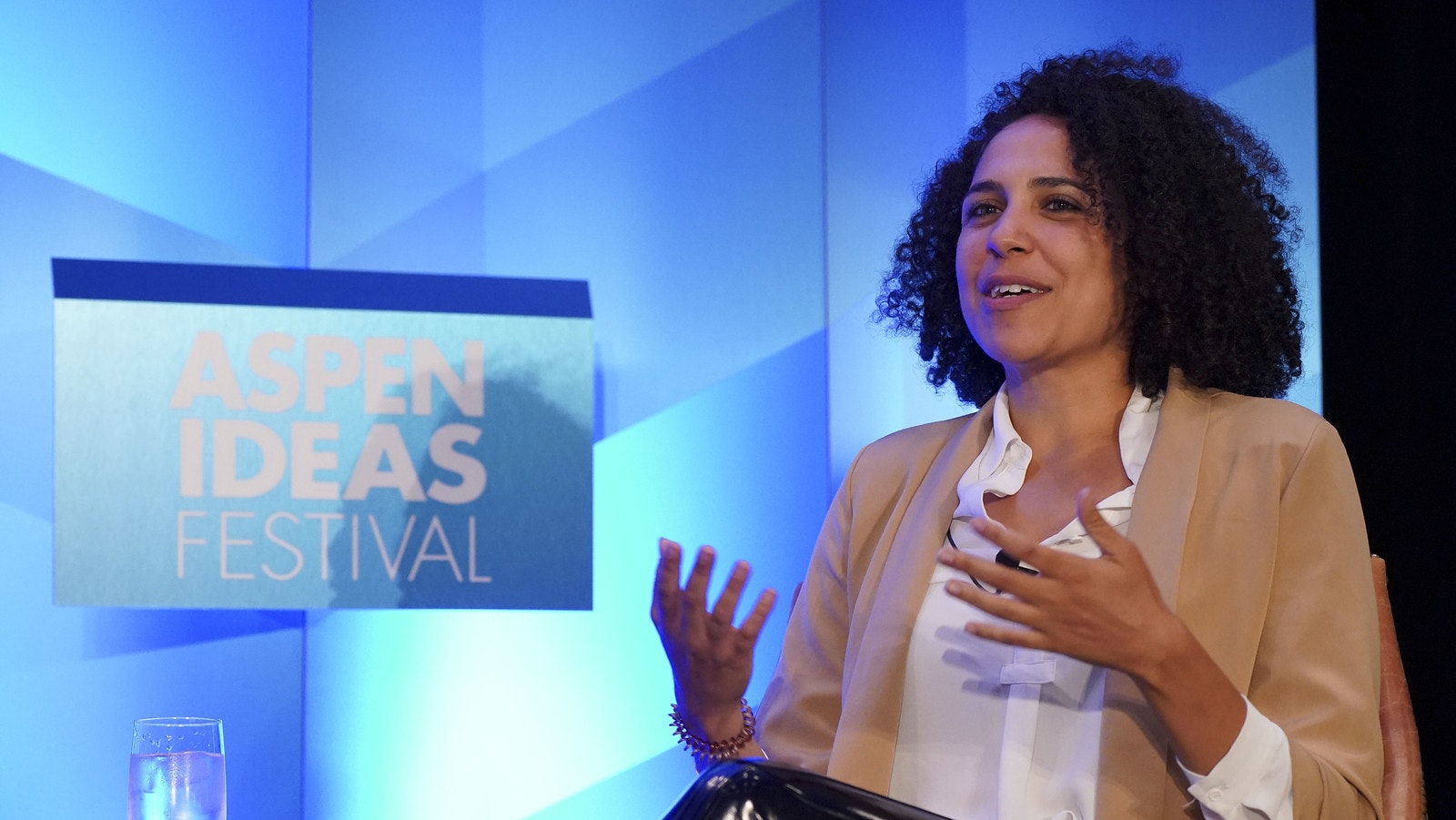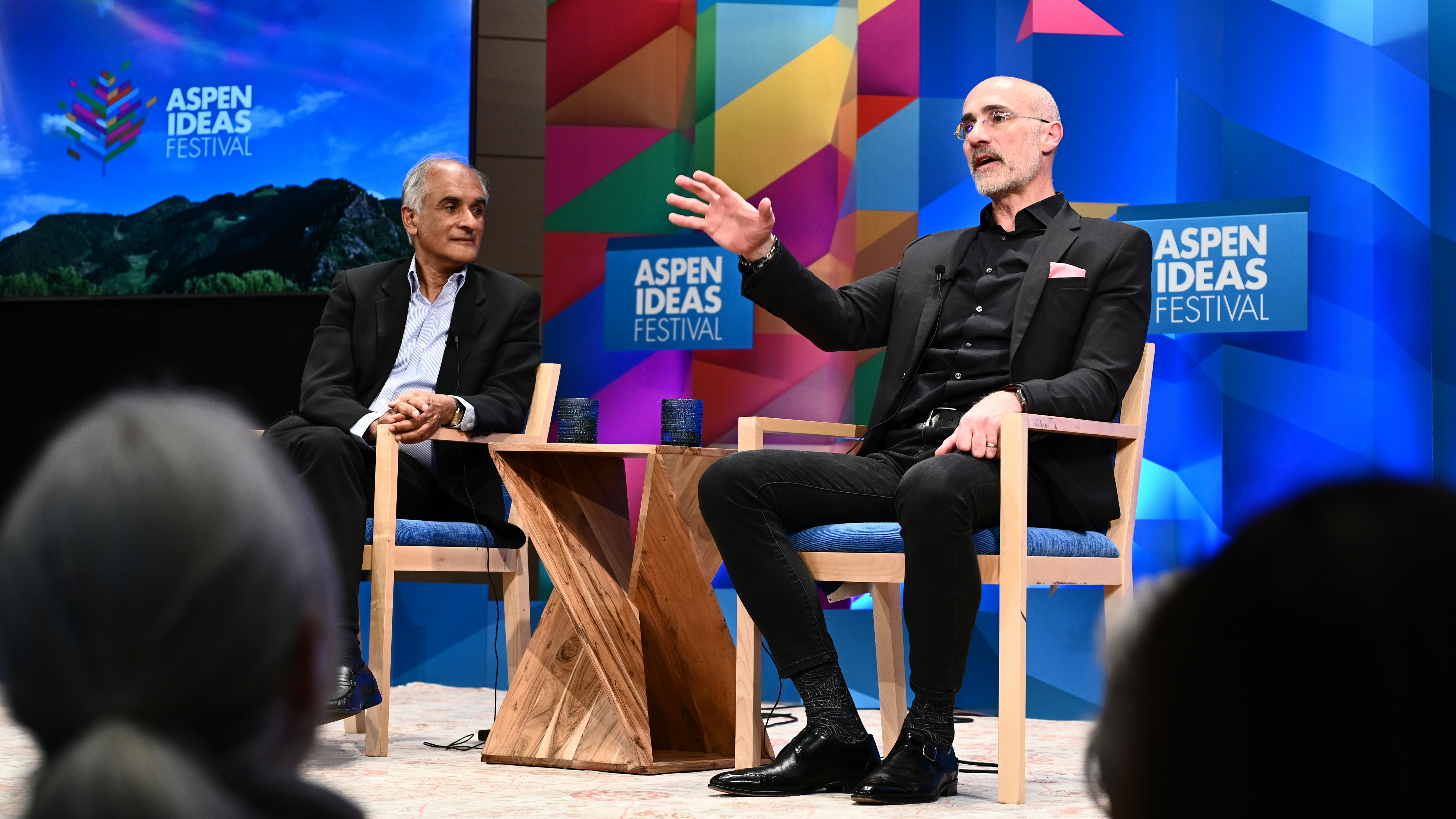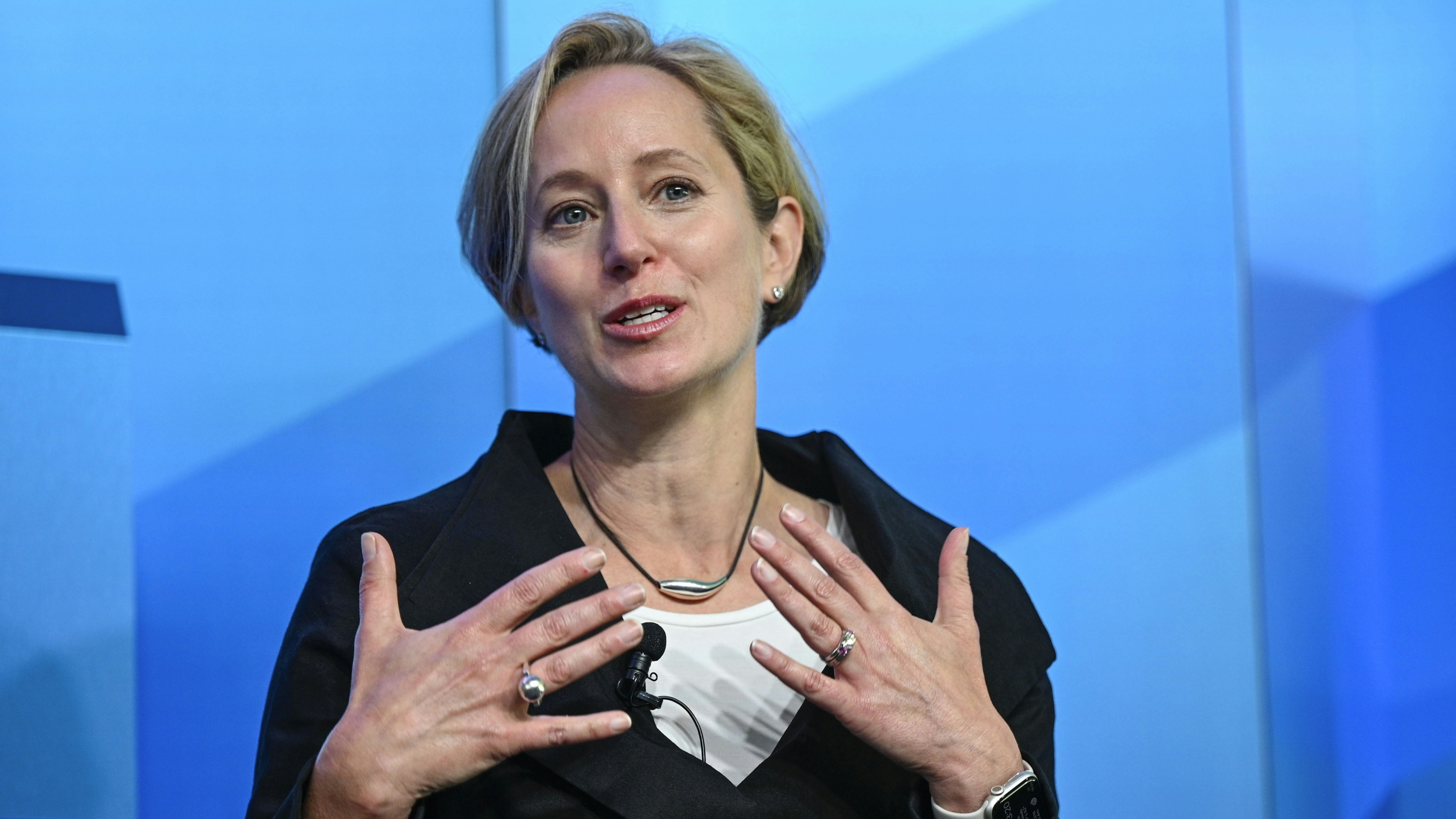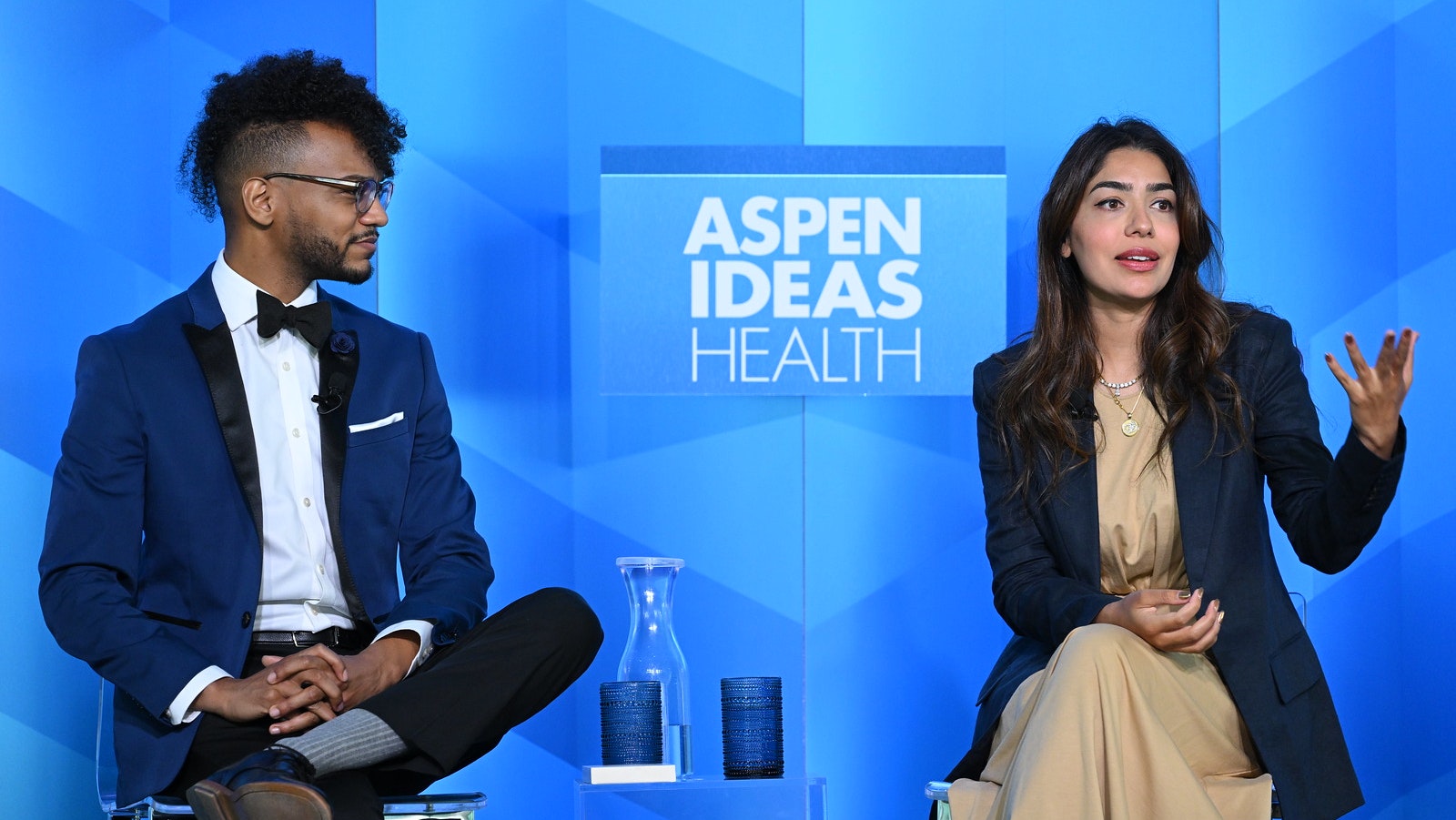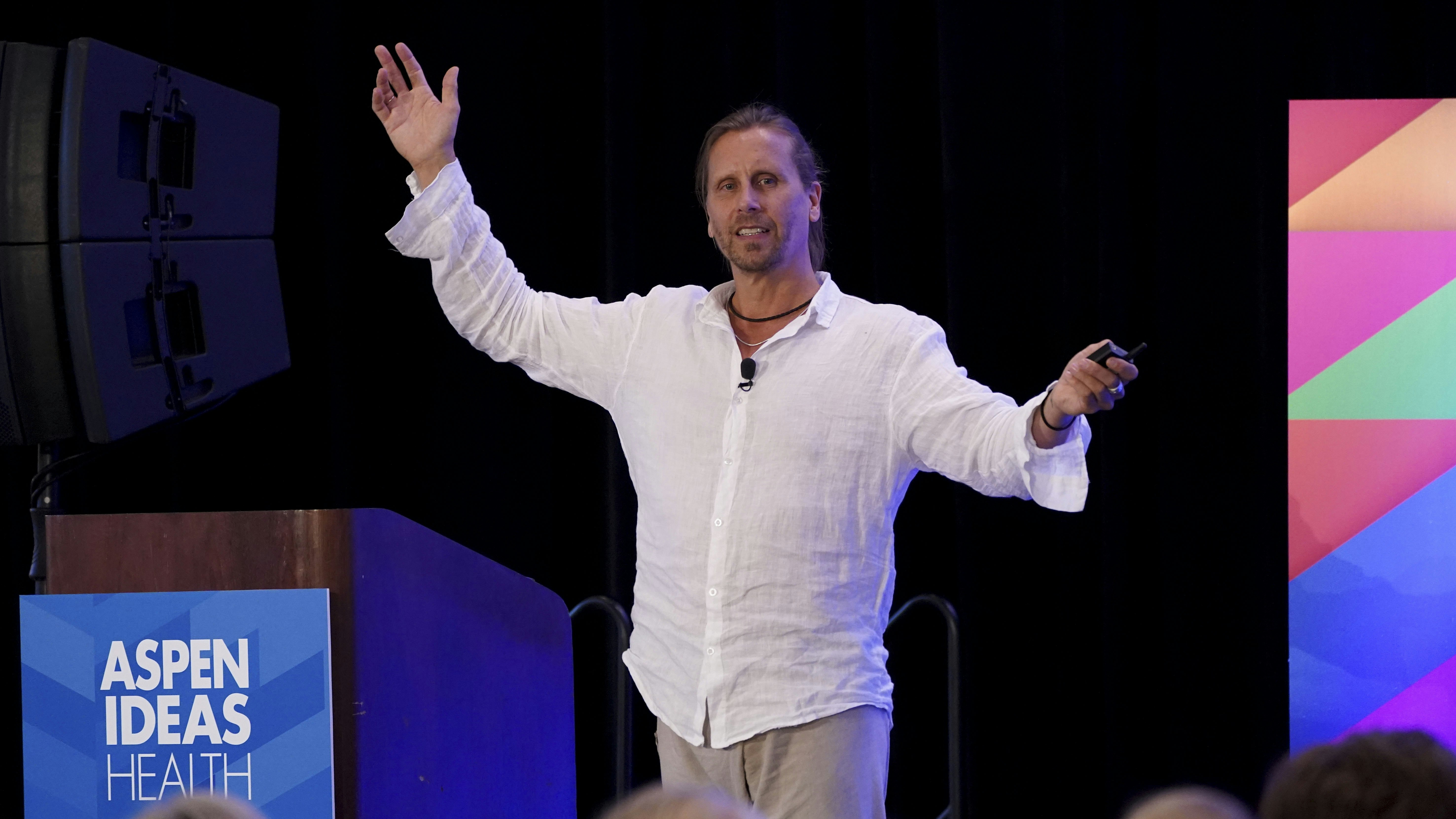How to Make — And Keep — Friends
A psychologist whose work focuses on friendship, loneliness, and connection, Marisa Franco wants us to know that our social worlds are a lot safer than we believe — “people are way less likely to reject you than you think they are,” she says. So what are the main misconceptions we have about making friends, and how are those holding us back from healthy and long-lasting friendships? Learn what the science tells us about attachment and how longstanding perceptions of relationships might be inflaming the loneliness crisis.
Why Suffering is Sacred
“The world is going to be full of sadness. That’s a non-negotiable fact of life. But that doesn’t have to diminish your joy,” says essayist Pico Iyer. “And in fact, that’s what makes your joy necessary.” He speaks with Harvard professor and social scientist Arthur Brooks, and together they reflect on how we develop our sense of purpose and meaning, and why happiness requires unhappiness.
Talking to Kids About Their Mental Health
Today's kids are coming of age amidst political, social, technological, and economic upheaval. And while this is shaping a precocious and outspoken generation, kids are also struggling with a mental health crisis, the pressures of social media, and the ongoing impacts of COVID-19 on key developmental years. How can we come together as family members, educators, and communities to support youth? Lisa Damour, a clinical psychologist and author, has practical tips for having healthier, more productive conversations with the kids in our lives.
How to Be an Optimist
When Deepika Chopra, aka: The Optimism Doctor, thinks about what it means to be optimistic, the first two words that come to mind are resiliency and curiosity. "It's not about being positive 24/7," she explains. "A true optimist is someone that is very intentionally aware of the roadblocks... but they see these situations as temporary." During her Aspen Ideas: Health conversation with Nicholas St. Fleur of STAT, she shared her tips for increasing optimism — from perception shifting to defining your purpose.
The Power of Experiencing Awe
“Awe is our brain’s most powerful perception,” says Beau Lotto, neuroscientist and founder of the Lab of Misfits. Researchers have found that the experience of being awestruck, whether by nature, art, or others, can have a positive impact on our mental, emotional, and physical health. During Aspen Ideas: Health, he explained why rekindling a sense of wonder is key to our individual and collective well-being – and how we can find awe in the every day.


